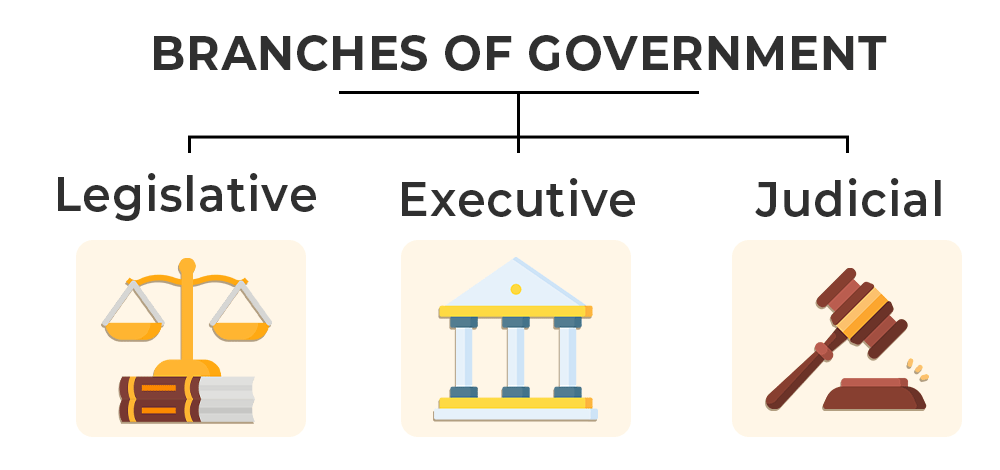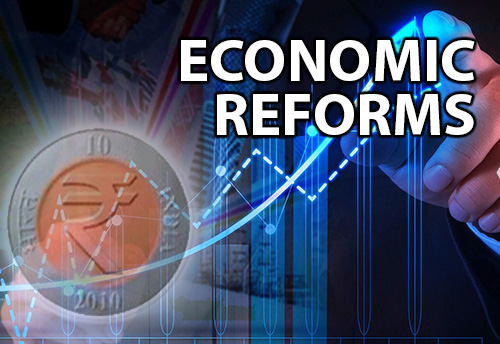Syed Ahsan Ali
Social change is the process of transforming the social structures and institutions that shape human interactions and relationships. Over time, it can affect a society’s culture, norms, values, and behaviours. Various factors, such as contact with other societies, technological and environmental changes, population growth, and social movements, can cause social change.
Social change is more important than political, administrative and economic change because it reflects the underlying shifts in a society’s collective consciousness and aspirations. Political, administrative and economic change are often the outcomes or consequences of social change, not the causes or drivers. For example, the civil rights movement in the US was a social change movement that challenged the racial discrimination and segregation that existed in the political, administrative and economic systems. The movement resulted in legal and institutional reforms that granted equal rights and opportunities to people of colour. Similarly, the women’s rights movement was a social change movement that demanded gender equality and empowerment in various spheres of life. The movement led to political, administrative and economic changes that recognized the rights and contributions of women.
Accordingly, social change is more important than political, administrative and economic change because it represents the voice and vision of the people who want to create a better society for themselves and future generations. Social change can inspire and motivate people to overcome the barriers and challenges they face daily. Social change can also foster a culture of innovation, creativity, and collaboration that can enhance a society’s social and economic development.
Thus, social change transforms the social structures and institutions that shape human interactions and relationships. It can affect a society’s culture, norms, values, and behaviours. Manifold factors, such as contact with other cultures, technological and environmental changes, population growth, and social movements, can cause social change.
Please subscribe to the official website of republicpolicy.com
Social change is essential for Pakistan because it can help the country overcome its challenges and problems in various spheres of life.
Economic development: Pakistan is a developing country with low growth, high poverty, and inequality. Social change can improve the economic conditions of the people by increasing their productivity, efficiency, and innovation. Social change can also diversify the economic structure and reduce the dependence on primary commodities, which are often subject to price fluctuations and environmental shocks. Social change can also foster a culture of entrepreneurship and competition that can enhance the competitiveness and integration of Pakistan into regional and global markets.
Political stability: Pakistan is a country that faces political instability, corruption, and violence. Social change can enhance the country’s political stability by strengthening democratic institutions and processes, such as elections, accountability, and the rule of law. Social change can also reduce corruption and violence by promoting transparency, participation, and tolerance. Social change can also foster a culture of civic engagement and social responsibility that can increase the trust and cooperation among the people and the state.
Social justice: Pakistan is a country that suffers from social injustice, discrimination, and oppression. Social change can enhance the country’s social justice by ensuring equal rights and opportunities for all segments of society, such as women, minorities, and marginalized groups. Social change can also reduce discrimination and oppression by promoting respect, diversity, and inclusion. Social change can also foster a human rights and dignity culture that protects people from abuse and exploitation.
Cultural identity: Pakistan is a country that has a rich and diverse cultural heritage. Social change can enhance the country’s cultural identity by preserving and promoting its historical and cultural legacy. Social change can also balance the country’s cultural identity by adapting to modern and global trends. Social change can also foster a culture of creativity and expression that can enrich the artistic and intellectual life of the country.
Therefore, social change is essential for Pakistan because it can help the country achieve its potential and aspirations as a nation. Social change can also help the country cope with the challenges and opportunities of the changing world. Social change can also help the country create a better society for itself and future generations.
Hence, Pakistan requires social change, the gateway to political, cultural and administrative change.
Please subscribe to the monthly magazines of republicpolicy.com

















